Best Tools For Cross-Platform App Development In 2024
Mobile apps are now crucial for businesses in different sectors, and it’s important that these apps work well on both iOS and Android systems. Using cross-platform app development, you can build these apps fast and in a cost-effective manner.
In this article, we’ll explore the advantages and disadvantages of cross-platform app development and examine the leading frameworks available for creating mobile apps that operate across multiple platforms.
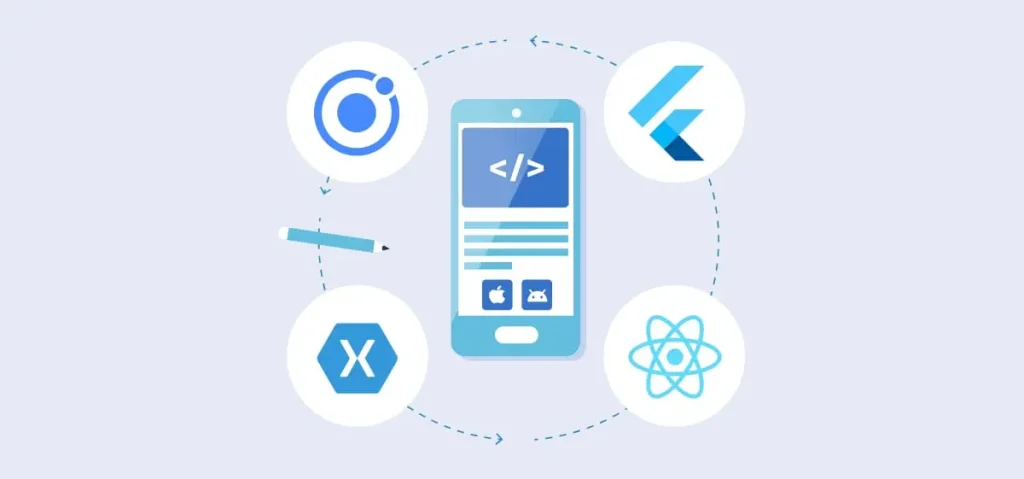
What Is Cross-Platform App Development?
Cross-platform app development creates an app that works on both Apple iOS and Google Android. Unlike native development, which uses platform-specific tools and languages, cross-platform development uses universal technologies like Dart, C#, and JavaScript (for near-native development) or HTML, JavaScript, and CSS (for hybrid development).
Developers can achieve a similar look and feel to native apps by blending native code with platform-independent code. This approach allows for faster product releases as developers only need to write the app’s logic once and reuse it across platforms.
Native VS Cross-Platform App Development
Choosing between native and cross-platform app development depends on your project’s specific needs. Native apps are built for a specific operating system, utilizing its features fully.
However, they are not compatible with other platforms, such as iOS and android devices. You would need multiple app versions to reach a broader audience, which can be time-consuming and costly. Native apps can also function without an internet connection, making them convenient for users with limited access.
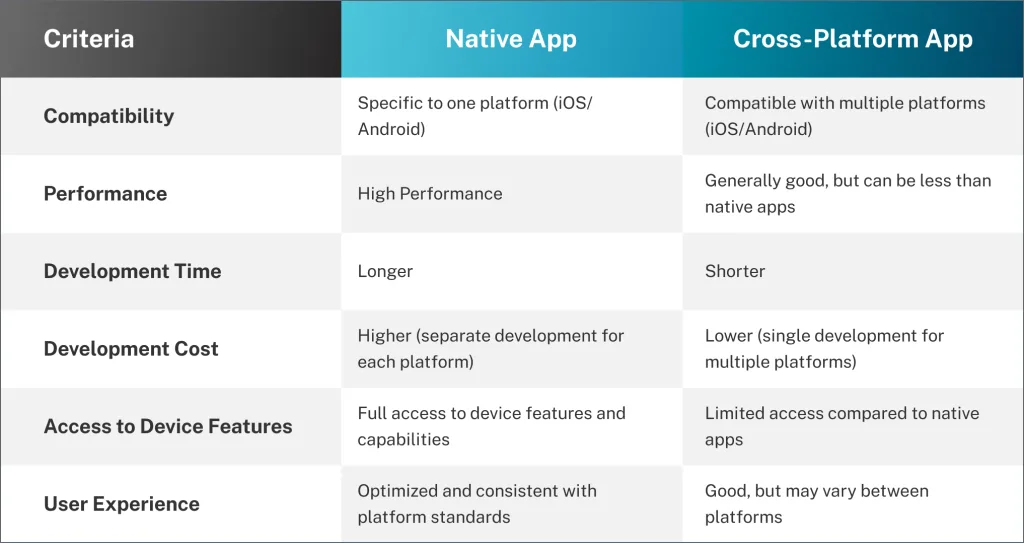
Pros & Cons Of Cross-Platform App Development
Pros:
- Cost-Effectiveness: Developing separate native apps for each platform can be costly. Cross-platform apps use a single codebase, keeping you within budget.
- Efficient Development: You only need one team of developers, familiar with standard programming languages, to build and maintain the app. The development tools handle much of the complex work. Cross-platform apps can offer a native-like appearance and experience.
- Ideal for Simple Apps: For companies looking to develop straightforward apps, target various mobile device users, and launch products quickly at a lower cost, hybrid development is a strategic choice.
Cons:
- Performance Issues: The complex code of near-native and hybrid apps, blending native and non-native elements, can impact performance.
- Limited Functionality: Cross-platform apps, especially hybrid ones, may not support all device-specific features, like advanced graphics or 3D effects, leading to reduced functionality and design quality.
- Update Delays: When new features are added to Android or iOS, native apps can adopt them immediately. However, hybrid apps must wait for these updates to be integrated into their cross-platform framework, leading to delays.

Consultation Suggestion:
Seek advice from Red Ant Technology to find the most suitable approach for your mobile app requirements.
5 Frameworks For Developing Mobile Apps Across Different Platforms
The choice of tools greatly influences the software development process and its results. It is crucial to select the right framework in order to create an app that closely resembles a native application and provides the best performance. To assist you, we have compiled a list of the top five mobile app frameworks that are perfect for cross-platform development.
1. Flutter

Flutter is a free and open-source UI toolkit from Google for creating natively compiled applications across mobile, web, and desktop platforms using a single codebase. It has become popular among developers for its fast performance and user-friendly features.
Flutter’s capability extends beyond mobile app development to include web and desktop applications, making it a highly versatile tool for cross-platform development. However, since it uses Dart, a programming language unfamiliar to many developers, poses a challenge for those new to the language.
Similar to React Native, Flutter offers a ‘hot reload’ feature, enabling developers to see immediate results from code changes. Additionally, its widget-based structure allows for the creation of custom UI components that can be reused throughout an app, enhancing development speed and efficiency.
2. React Native
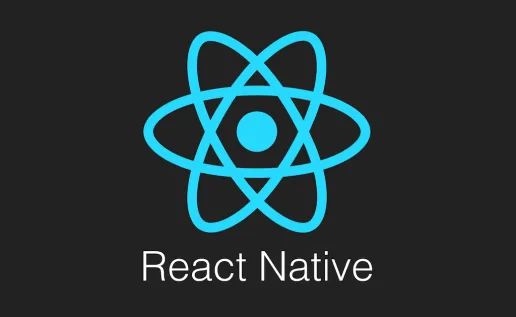
React Native, a free and open-source framework developed by Meta, enables the creation of native applications for iOS and Android using JavaScript and React, a well-known web development library. It’s highly regarded in the realm of cross-platform mobile development frameworks.
This framework is particularly beneficial for web developers, as it allows them to apply their existing JavaScript and React skills to build mobile apps, eliminating the need to learn new programming languages.
One of the standout features of React Native is its ‘hot reload’ capability, which lets developers see the effects of code changes in real time, thereby speeding up and streamlining the development process. Furthermore, it supports a broad array of third-party libraries and plugins, simplifying the integration of new features and functionalities into mobile apps.
3. .NET MAUI
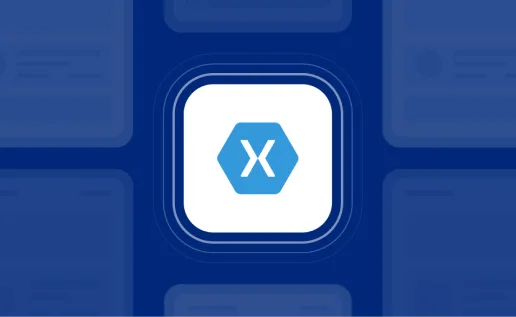
.NET Multi-platform App UI (MAUI) is an open-source framework that allows developers to build cross-platform mobile applications. Built on the C# language and the .NET framework, it can be accessed through Visual Studio under the MIT license.
The development toolkit for .NET MAUI includes several features:
- Streamlined app creation through MAUI project templates.
- UI and layout design using XAML.
- Customization options for UX/UI through styles and theming.
- Device APIs that enable the use of device-specific features such as cameras, geolocation, and sensors.
- The Hot Reload feature allows for immediate code updates to be reflected in the app.
In addition, .NET MAUI introduces a modern, component-based architecture that improves both development speed and code maintainability. It also supports various application architectures like Model-View-ViewModel (MVVM), Model-View-Controller (MVC), and Model-View-Presenter (MVP), providing flexibility in app design.
4. Ionic

Ionic is highly regarded for its open-source nature, ease of maintenance, scalability, and user-friendly readability. Ionic offers a comprehensive range of HTML, CSS, and JS components that enable the development of interactive and visually appealing applications.
This framework boasts an extensive array of features and tools. It includes built-in support for material design, native-like mobile UI elements, and layouts. Additionally, it regularly provides updates and resources from its developer community.
Ionic allows developers to enhance the user experience by equipping their hybrid applications with robust features and customizable tools. However, these apps rely on wrappers such as Cordova in order to function on devices.
5. NativeScript
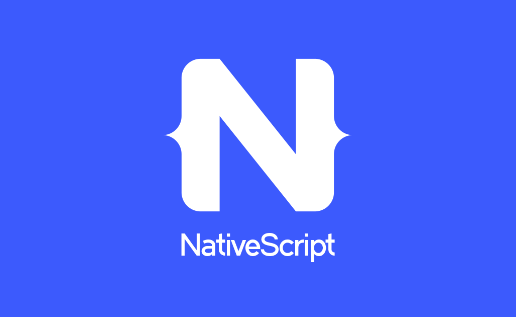
NativeScript is preferred by new-age developers to build iOS and Android apps using JavaScript, TypeScript, Vue.js and Angular. Developers can use its single-threaded model to access the native APIs in a much faster way, which reduces the developmental cost and time significantly.
Developers don’t need to know the native programming languages when using this tool. This is because the native APIs are enabled with an existing plugins with NPM.
Apart from that, NativeScript renders UI components using native elements of each platforms that makes the apps developed feel and performs just like any other native applications.
Choosing The Right Near-Native/Hybrid App Framework
For small businesses or solo developers looking to quickly create a basic app, Ionic and Cordova may be the ideal options. However, for more robust and competitive applications, React Native, Flutter, or .NET MAUI are recommended. On the other hand, if your main concerns revolve around seamless performance, high security, and comprehensive native features, then choosing native app development would be the most appropriate decision.
Key Considerations for Implementing Cross-Platform App Development
Several factors that need to be taken into account:
Compatibility
Performances
User Experience
Maintainability
Cost-Effectiveness
Cross-platform app development can significantly reduce costs compared to developing separate native apps for each platform. However, it is essential to carefully evaluate the upfront and ongoing costs associated with using specific cross-platform frameworks or tools.
By considering these important factors when implementing cross-platform app development, businesses can maximize their chances of creating successful and efficient apps that cater to a wider audience across multiple platforms.
Select A Trustworthy App Developer In Malaysia
We offer an extensive array of cross-platform app development services. These include consulting, coding, re-platforming (or migration), as well as support and maintenance. Our goal is to tailor mobile app solutions to meet the unique needs of each client, ensuring they receive the most effective product for their requirements.
Contact our experts to begin your cross-platform app development journey. They are ready to assist you in launching your project.


